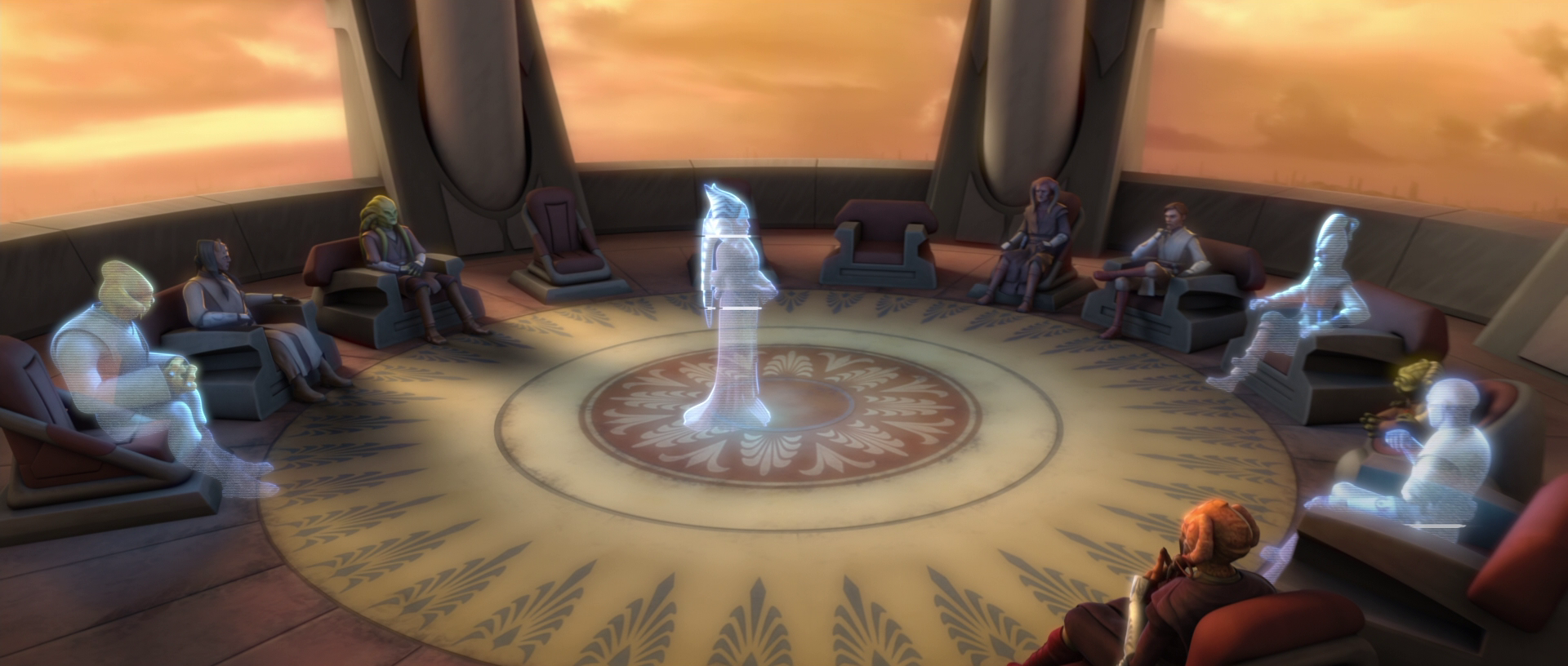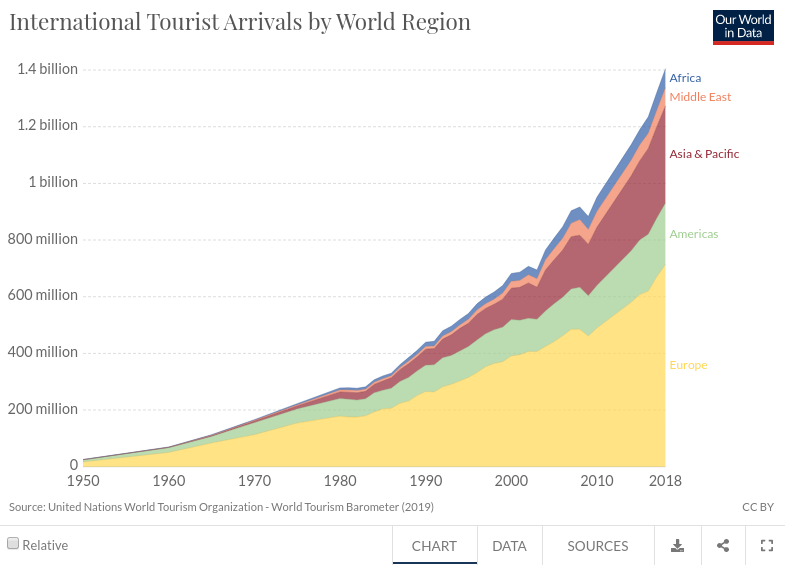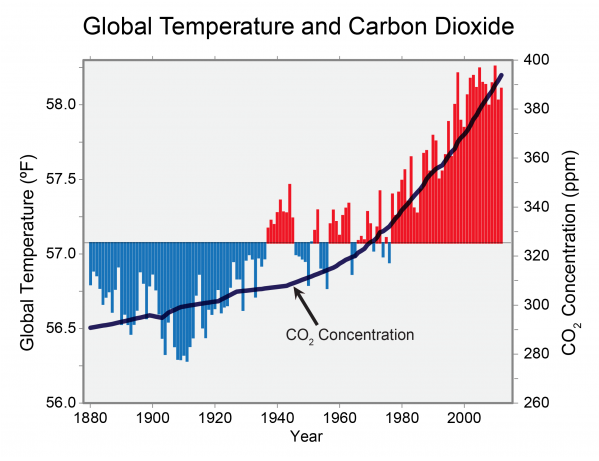The Great Human Experiment: Global Disconnection from Coronavirus

source: https://starwars.fandom.com/wiki/Shaak_Ti
Cornavirus has arrived at the global level, it is likely only a matter of time before it is declared a world pandemic. Most are wondering how long it will stay and when will things go back to normal? Personally I think we reached the point, there will be no going back and that is not necessarily a bad thing. In this article we will discuss why the cornavirus is just as much an opportunity for the human race as it is a threat. We will discuss how technology can help and how a global world can function, disconnected.
The Human Interaction
It is of course in our nature to have personal face-to-face contact with one another. We require a personal relationship in order to build trust. Without trust, a relationship cannot exist and nothing meaningful will develop. Coronavirus has managed to cripple the world economies in a matter of weeks because of our human nature. Our world, globalization as it exists today does not function without face-to-face human interactions. At this point there are only two solutions
- Ignore coronavirus and just keep on going and hope for the best with good hygiene
- Change the way we work, live and travel
I think we can consider ourselves lucky as a whole actually, this virus could have had a much higher fatality rate and yet it showed us our greatest strength, the human connection, is also our greatest weakness.
The Cost of Human Interaction
As our world has become more global, human interaction means a lot more travel. While this has provided an economic boom around the globe, it is also I am afraid at a very, very high cost. The below diagram shows the explosion of world travel.

source: https://ourworldindata.org/tourism
Below is a graph showing CO2 increases and it's effect on global temperatures. It is obvious to see the likely correlation between global travel and climate change. Of course, there are many other impacts but global travel is a big one and it has been increasing dramatically.

source: https://www.globalchange.gov/browse/multimedia/global-temperature-and-carbon-dioxide
Now I am not advocating that we stay at home and stop all travel but rather that the balance is simply out-of-sync. Ironically climate change was supposed to bring us back to equilibrium but it may indirectly be the coronavirus that moves the needle first, at least slightly by reducing travel and forcing alternatives.
A New Normal and a lot of Disruption
I think it is clear that we will not be ignoring the coronavirus and that it likely won't just go away in the near-term. Based on that assumption, I think we will be changing the way we work and live, not just temporarily but maybe, permanently. There will be an adjustment time but likely once we adjust, we won't go back. For many it simply means instead of going to the office, you work at home or have a remote meeting. Those that are involved in producing goods, work in factories and such will have to adapt further. Regular screening, testing and more isolation will likely be needed in the place of work which require significant investment, depending on how long the coronavirus is a threat. All of this will create a lot of new opportunities, areas of investment and of course bring traditional ones (like the travel industry) to the brink. The longer the coronavirus lasts the more disruptive change will occur. It is impossible to say where this all leads other than at least a temporary new normal involving a lot less travel and consumption.
Technology, Life, Work and Culture
In order to truly experience something, you have to feel it, you have to smell it and you certainly have to taste it. Our senses and the ability to forge experiences from them is the human experience. However, do you really need to be there in person at ground zero? I don't think so at all. With technology, virtual reality and how things are evolving, maybe we will have less of a need to physically go places in the future to get those experiences.
At work we also need experiences and interactions. Most companies are under invested compared to technology capabilities. Organizations just never evolved from the days of where you had to go to the office or the client to get anything done. Now though companies will have to adapt, cultures will change. I am convinced with the right technology, the experiences will be just as good.
Events around the world are cancelled but do we really need to visit an exhibition hall, in some city, half way across the world, to have an experience? Companies are already adapting, Red Hat for example just announced, the largest opensource event in the world, Red Hat Summit, will be virtual (https://www.redhat.com/en/blog/moving-red-hat-summit-2020-virtual-experience). I am convinced it will not only succeed but excel, other companies will follow. Who would have thought of a virtual conference at that scale just a few weeks ago?
I work at Red Hat, a company I am so proud to be a part of because of the culture. At Red Hat most people work from wherever, they are all over the world. We look for the best people and worry about logistics second. Red Hat has the strongest company culture I have ever experienced, yet there is limited direct connection points. How is it possible to have a culture you can breath, taste and feel without a central point of reference or focus? It's because culture is not about a place, it is about the people that take part in it. Culture can exist and thrive through any medium, physical or virtual.
The opensource community has long adapted to this new world because people form all over the world, different organizations, countries came together to work on real problems, effectively. They did it mostly, without any face-to-face meetings. A way of working evolved, a culture evolved and it is successful not only in a limited travel world but even a zero travel world. The rest of the world will figure this out and follow because now, unfortunately there is no choice.
There will be many business casualties and sadly also lost life. However, there is opportunity to learn and make the world a better, more robust, sustainable place. Let us not miss this opportunity!
(c) 2020 Keith Tenzer
